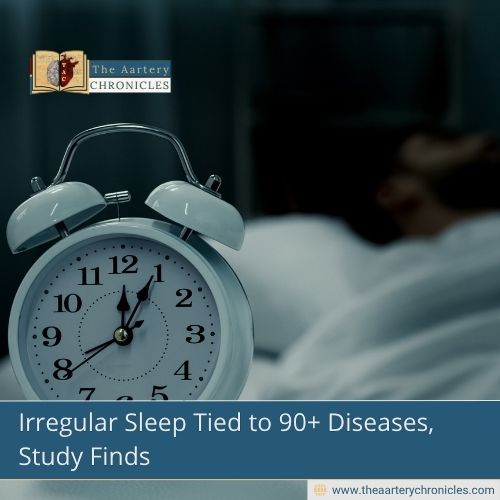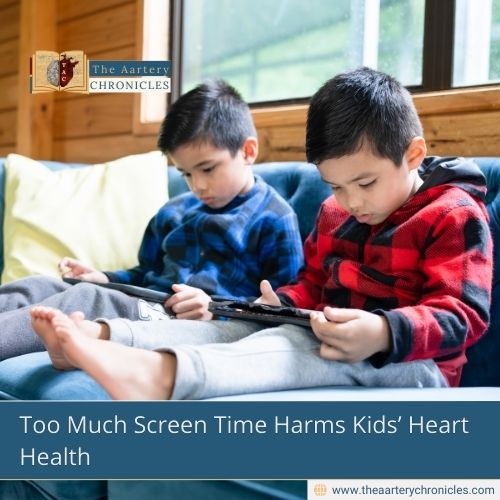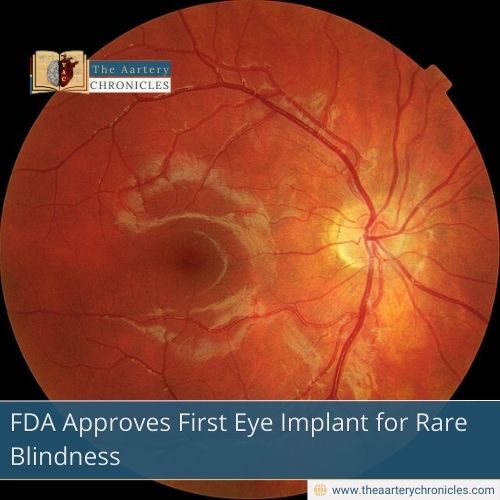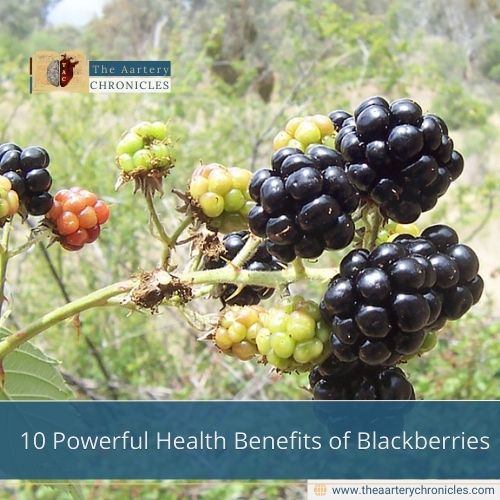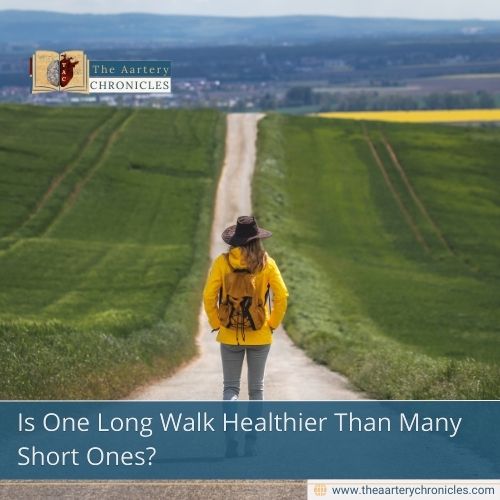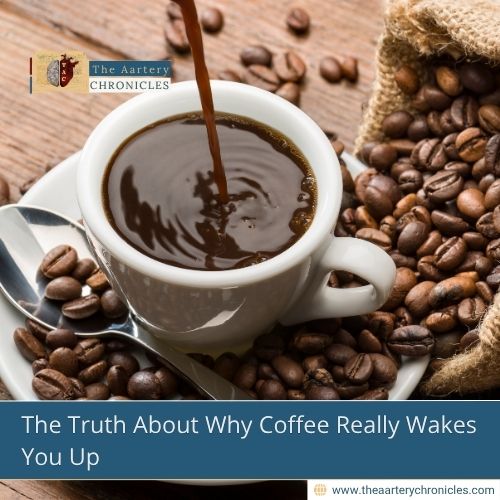

The Truth About Why Coffee Really Wakes You Up
A new study published in Heliyon suggests that the energizing effects many people associate with their morning cup of coffee may not be all about caffeine. Instead, it might be the ritual of drinking coffee itself that wakes us up, especially for regular coffee drinkers.
What’s Really Behind the Morning Boost?
For years, caffeine has been viewed as the main reason people feel more alert after drinking coffee. However, researchers have long debated how much of that boost is due to caffeine’s physical effects versus our mental association with the coffee ritual.
According to study author Mateja Lesar, “Caffeine is something we use every day, yet is still not fully understood. We wanted to explore what causes the physical and mental effects people experience from coffee, especially in those who drink it regularly.”
Study Design
The research team conducted a tightly controlled experiment. They recruited 20 regular coffee drinkers and had them drink either caffeinated or decaffeinated coffee in a double-blind, randomized setup meaning neither the participants nor the researchers knew who got which type during the test.
Aside from the caffeine content, both drinks looked, smelled, and tasted the same.
What Did the Researchers Measure?
The team looked at a range of responses both before and after coffee consumption, including:
- Cognitive performance
- Cardiovascular responses (like heart rate and blood pressure)
- Brain activity (using full-head EEG during rest and a task involving attention)
Their goal was to find out whether these physical and mental reactions differed based on whether or not the coffee contained caffeine.
Surprising Results
The findings were unexpected. Researchers anticipated that caffeine would cause significantly stronger responses than the decaf placebo. But aside from one change in brainwave activity (a decrease in resting-state alpha power), there were no major differences between the caffeinated and decaffeinated groups in terms of physiological or cognitive outcomes.
In fact, only one out of three mental performance tests showed any significant change related to what the participants drank.
Conclusion
Our brains and bodies may be trained to respond to the coffee experience itself, even when no caffeine is present.
This is an example of what scientists call a conditioned response similar to Pavlov’s famous experiment where dogs began to salivate simply at the sound of a bell, having learned to associate it with food.
In the same way, habitual coffee drinkers may become so used to feeling alert after coffee that the simple act of drinking triggers that reaction whether or not caffeine is involved.
Source: Inputs from various media Sources

Priya Bairagi
Reviewed by Dr Aarti Nehra (MBBS, MMST)
I’m a pharmacist with a strong background in health sciences. I hold a BSc from Delhi University and a pharmacy degree from PDM University. I write articles and daily health news while interviewing doctors to bring you the latest insights. In my free time, you’ll find me at the gym or lost in a sci-fi novel.


